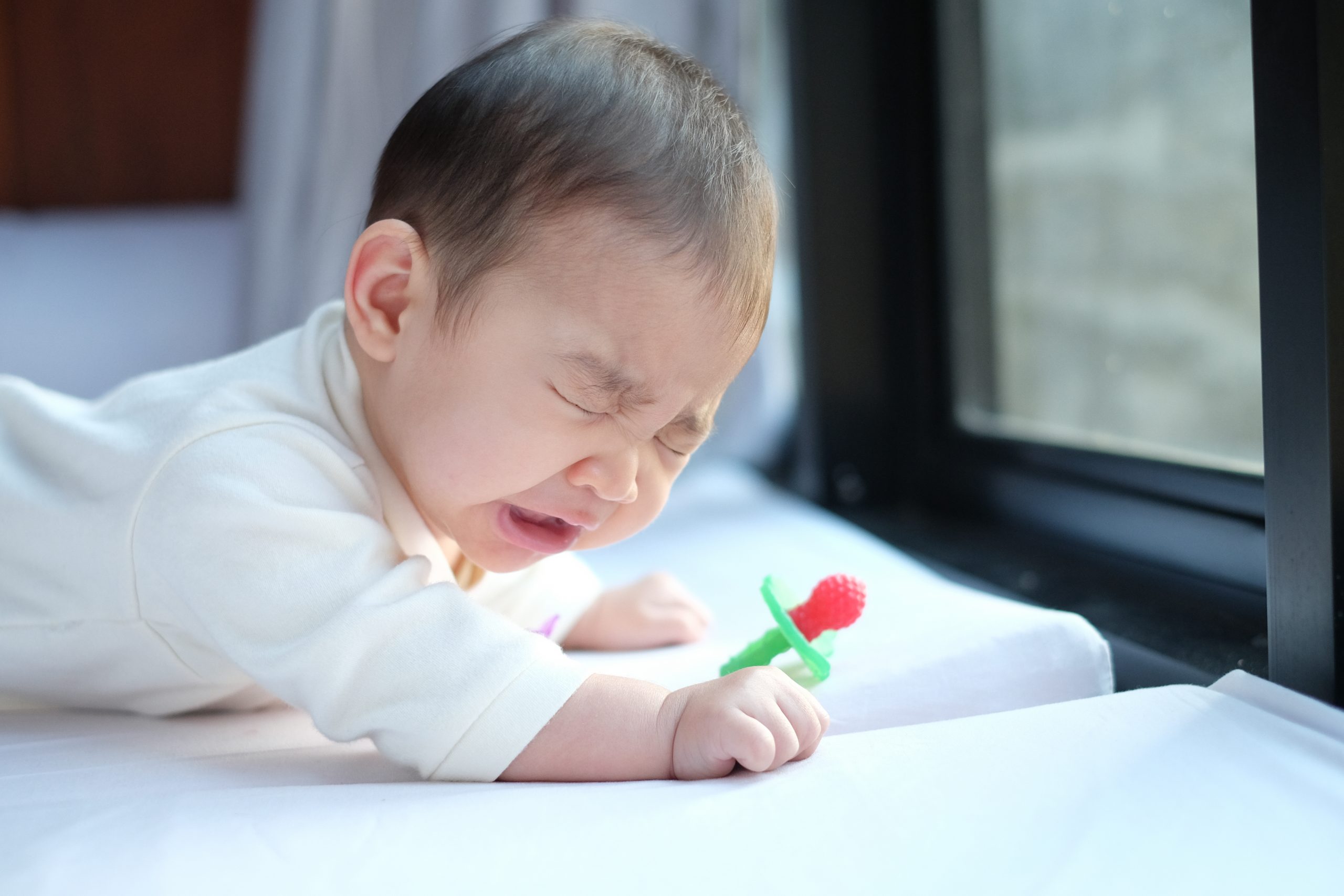Help is at hand for parents with ‘tantrum toddlers’ in the form of play-based therapy that produced long-lasting results in a live trial.
This new early-intervention program, targeted at children aged aged 12-24 months, addresses the child’s behavioural problems as well as enriching the relationship between the parent and the child.
It was developed by researchers at UNSW Sydney and the early parenting organisation, Karitane.
“Having young toddlers can be hard, but it’s especially hard when your child is having multiple tantrums per day and showing aggression,” says Dr Jane Kohlhoff, lead author of the study and senior lecturer in UNSW Medicine’s School of Psychiatry. “It can make it difficult to enjoy parenting.
“Our findings are encouraging for so many parents because this program is a new way of learning how to manage these behaviours, improve the quality of your relationship with your toddler, and also to put them on a positive pathway.”
The eight-week program takes place during weekly parent-child play sessions. The parent and child play together while a therapist – who sits behind a one-way mirror in another room – coaches the parent in how to best respond to challenging behaviours via a Bluetooth earpiece.
“The therapist first helps the parent identify the source of the child’s challenging behaviour and then guides them in how to respond. This instant feedback is supportive and powerful,” Dr Kohlhoff said.
While this style of parent coaching (called ‘Parent-Child Interaction Therapy’) has been used before, it’s the first time the method has been adapted to young toddlers as an early intervention technique.
A check-up with the families four months after the program, the trial’s set follow-up period, show that the benefits were long lasting. The results were published over the weekend in Infant Mental Health Journal.
These program outcomes were measured using a series of parent-report surveys and therapist observations of parent and child behaviour. The long-term findings support the immediate benefits of the program, which were tested in a randomised controlled trial and published in the Journal of Clinical Child & Adolescent Psychology earlier this year.
To access the paper click here.









